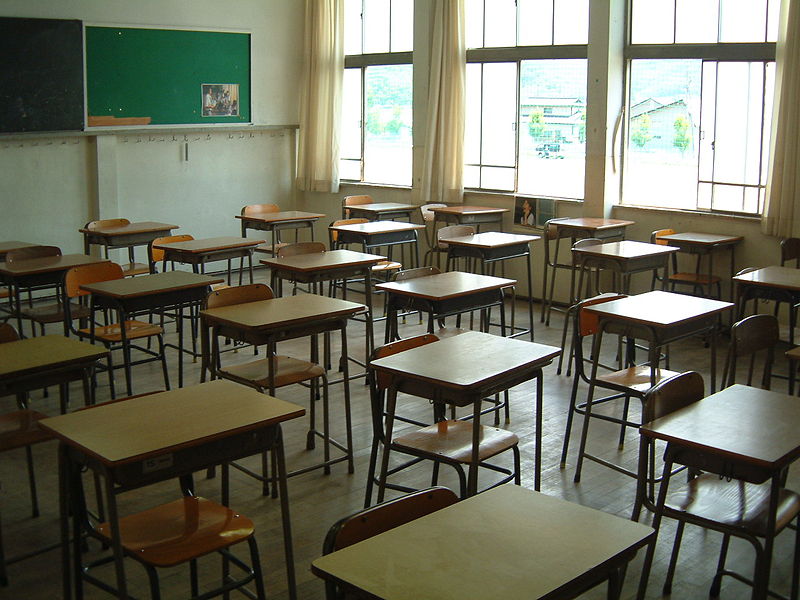G7 plans to help 40m girls into education amidst UK government cuts to foreign aid
Renewed commitments are to be made by G7 members to ensure the education of 40 million girls in developing countries.
This comes after Foreign Minister Dominic Raab recently came under fire regarding proposed budget cuts of reportedly 40% to foreign aid.
A new target of sending 40 million girls to school was set at the meetings. A $15 billion (£10.8bn) package across two years has also been agreed upon by ministers at the summit.
Raab said: “Ensuring girls get 12 years of quality education and women can work and earn an income are some of the smartest investments we can make to change the world – transforming the fortunes not just of individuals, but whole communities and nations.”
“This year, as we build back better from the pandemic, the UK is putting girls’ and women’s rights at the heart of our G7 presidency, uniting countries that share our values so we shape a better path ahead.”
According to government statistics, a child whose mother can read is 50% more likely to live beyond the age of 5 years, twice as likely to attend school themselves, and 50% more likely to be immunised.
Ensuring girls get 12 years of quality education and women can work and earn an income are some of the smartest investments we can make to change the world
– Dominic Raab
However, with recent claims of budget cuts to foreign aid, the UK has been labelled as being on the back foot with regards to its commitment to female education.
Raab has come under fire for alleged 40% budget cuts to foreign aid, with former Foreign Office minister Lady Sugg accusing the Foreign Office of cutting key sexual health programmes.
She said: “Sexual and reproductive health spending was long a cause championed by Britain around the world and a really important part of keeping girls in school for that 12 years of quality education.”
In January, Prime Minister Boris Johnson said he holds a “fervent belief” that improving girls’ education in developing countries is the best way to “lift communities out of poverty”.
“It can change the fortunes of not just individual women and girls, but communities and nations,” said Johnson.
The coronavirus pandemic has been blamed for exacerbating issues facing girls in education, with 1.6 billion children globally facing school closures at the height of the pandemic.

Comments